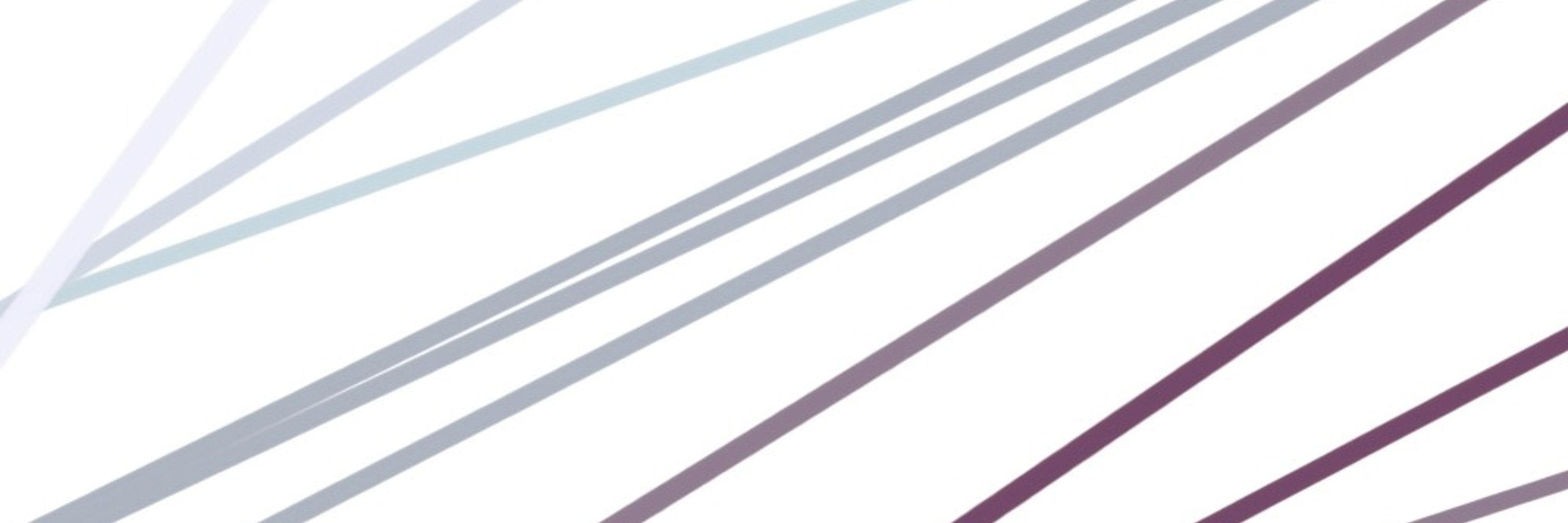
📍 Wageningen University & Research @w-u-r.bsky.social
🏠 www.nielsmede.com


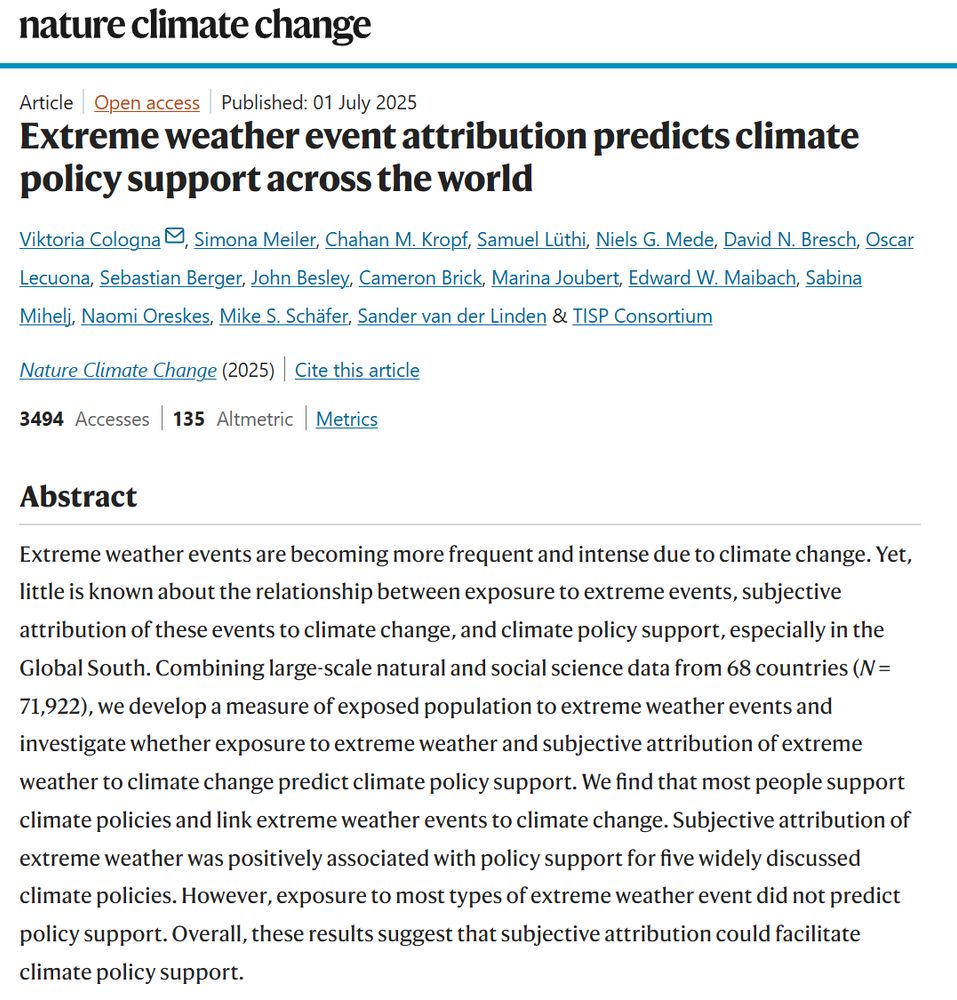
Thanks a lot for the warm welcome – I'm very excited about what’s ahead! At the same time, I'm very grateful for the years I spent at @ikmz.bsky.social. Merci vielmal und uf widerluege 🫶
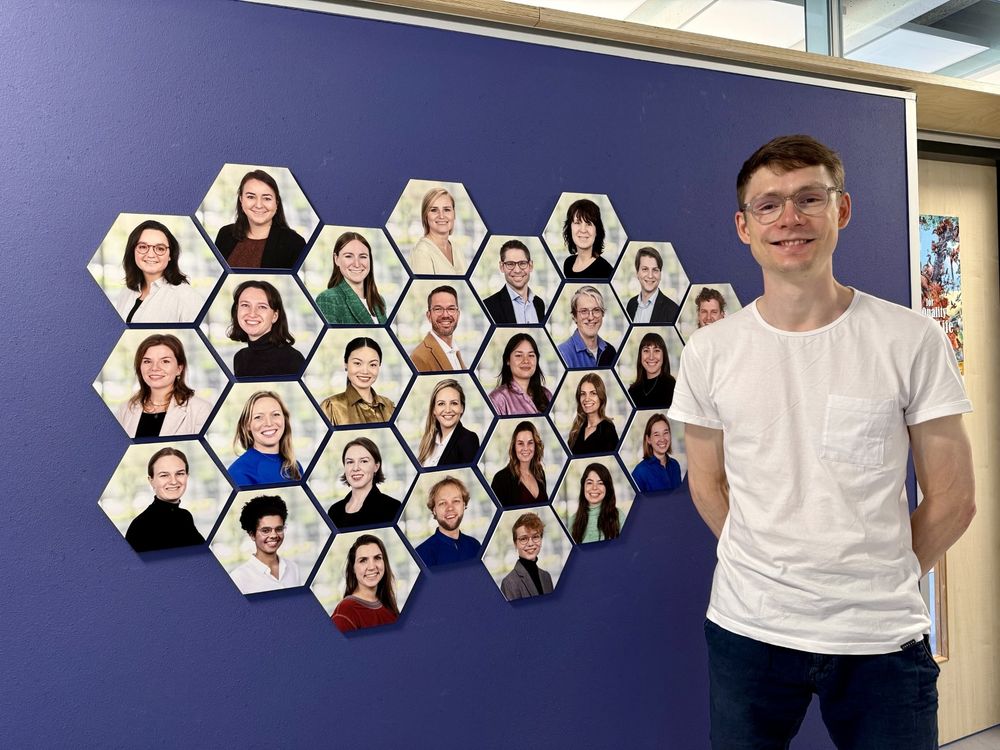
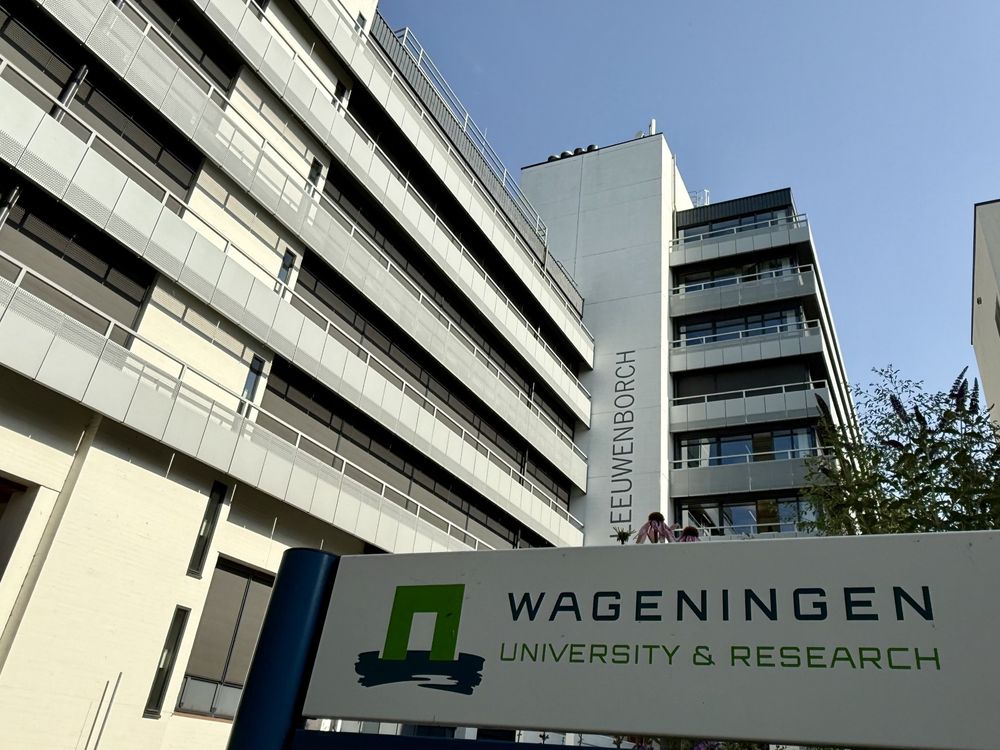
Thanks a lot for the warm welcome – I'm very excited about what’s ahead! At the same time, I'm very grateful for the years I spent at @ikmz.bsky.social. Merci vielmal und uf widerluege 🫶
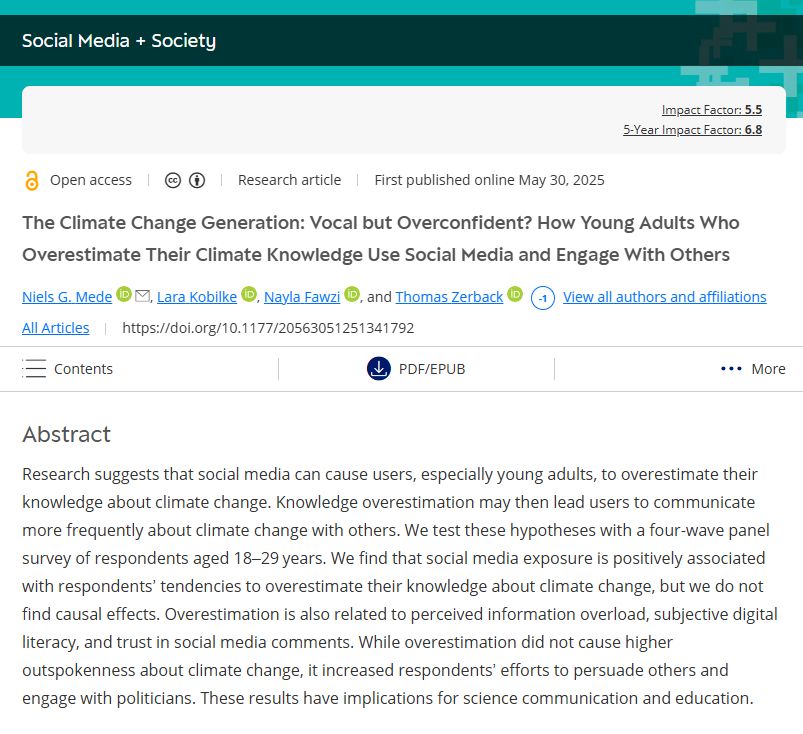
We tested how online users discuss #plagiarism, data #fraud, #replication failure, and (unintentional) errors by scientists – based on 19,462 X posts by @retractionwatch.com and 22,936 user replies: journals.sagepub.com/doi/10.1177/...

We tested how online users discuss #plagiarism, data #fraud, #replication failure, and (unintentional) errors by scientists – based on 19,462 X posts by @retractionwatch.com and 22,936 user replies: journals.sagepub.com/doi/10.1177/...
I've worked 6+ years in this team, and it's these very colleagues, NB @mss7676.bsky.social, and the exceptional research conditions that make me sad to leave #IKMZ soon 🙏
➡️ t.uzh.ch/1PM
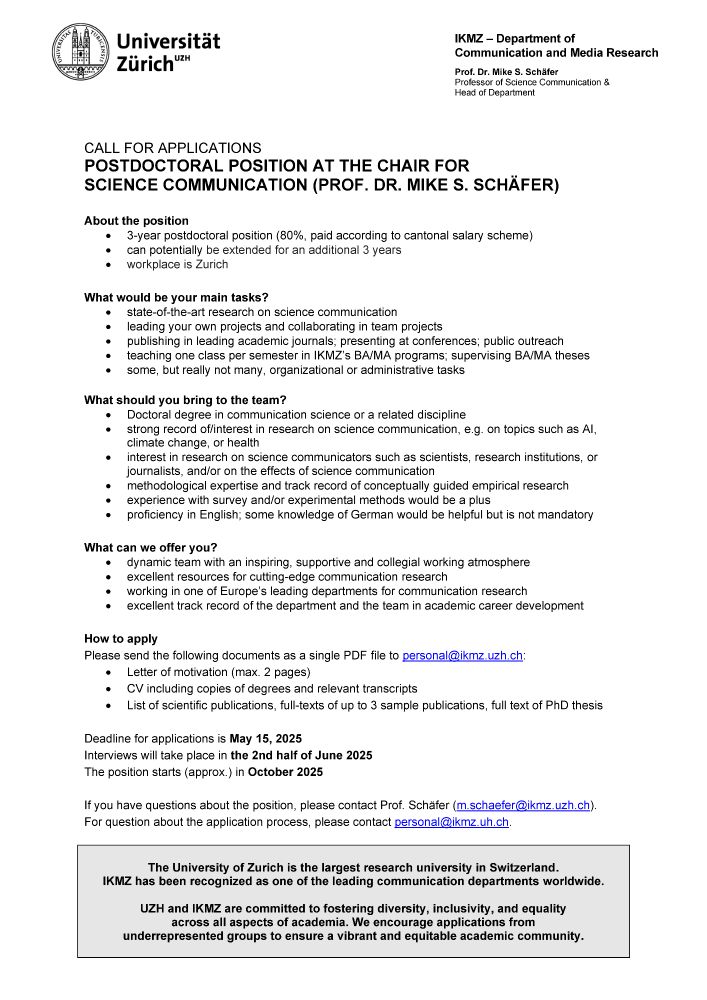
I've worked 6+ years in this team, and it's these very colleagues, NB @mss7676.bsky.social, and the exceptional research conditions that make me sad to leave #IKMZ soon 🙏
➡️ t.uzh.ch/1PM
@hendriks.bsky.social and I set up the fund to support innovative #scicomm formats and studies by bright ECRs such as Janine and Paula – congrats! 🙌 #dgpuk25
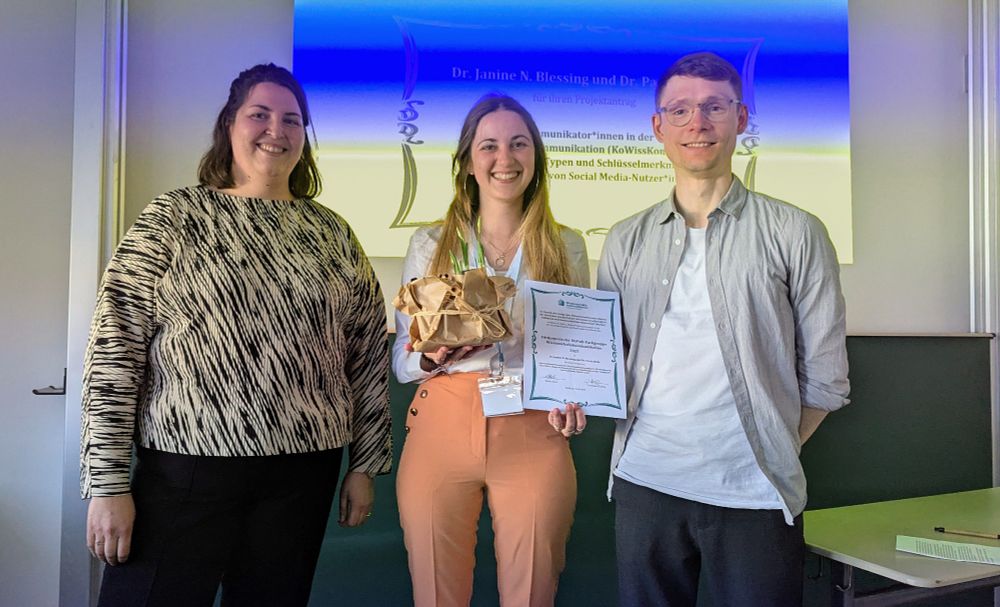
@hendriks.bsky.social and I set up the fund to support innovative #scicomm formats and studies by bright ECRs such as Janine and Paula – congrats! 🙌 #dgpuk25
(1/4)

(1/4)
It’s a 14-item #survey scale in English, German, French and Italian covering three key dimensions of science literacy: civic, media and cognitive literacy 💡
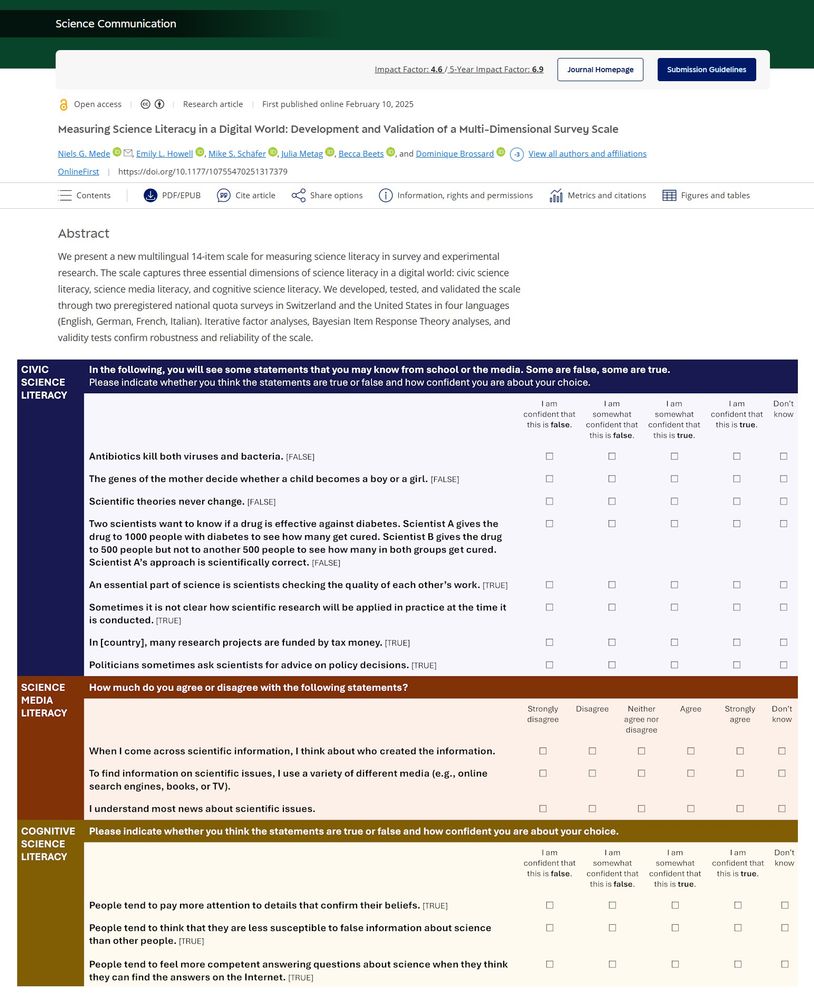
It’s a 14-item #survey scale in English, German, French and Italian covering three key dimensions of science literacy: civic, media and cognitive literacy 💡
Im @wisskomm.de Interview mit Inga Dreyer habe ich die Befunde besprochen und vor dem Hintergrund einer angebl. «Vertrauenskrise» eingeordnet. Danke für das Gespräch! 🙏

Im @wisskomm.de Interview mit Inga Dreyer habe ich die Befunde besprochen und vor dem Hintergrund einer angebl. «Vertrauenskrise» eingeordnet. Danke für das Gespräch! 🙏
▶️ #Trust in science and scientists
▶️ Science-related #populism
▶️ Perceptions of scientists’ role in society
▶️ Science #media use
▶️ Science #communication behavior
▶️ Attitudes to #climate change and #environmental policies

▶️ #Trust in science and scientists
▶️ Science-related #populism
▶️ Perceptions of scientists’ role in society
▶️ Science #media use
▶️ Science #communication behavior
▶️ Attitudes to #climate change and #environmental policies

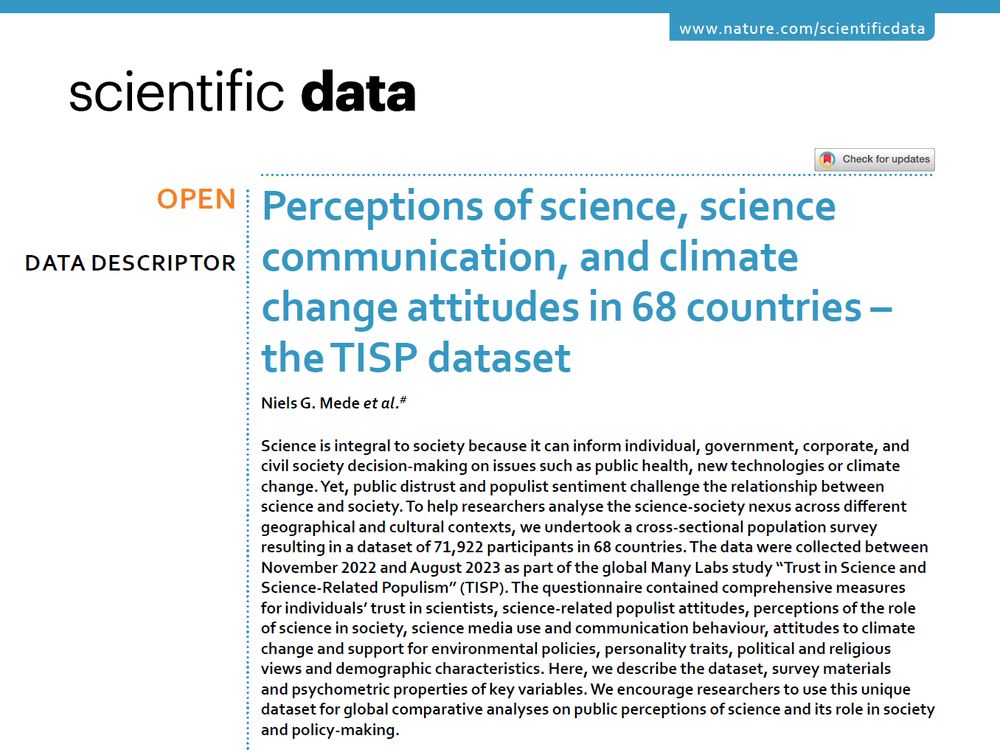
🛠️ Methods are also explained in detail here: osf.io/preprints/ps...
🖱️ Project homepage: www.tisp-manylabs.com
(11/13)

🛠️ Methods are also explained in detail here: osf.io/preprints/ps...
🖱️ Project homepage: www.tisp-manylabs.com
(11/13)
📄 All #questionnaires are available here @cos.io: osf.io/7y2br/
(10/13)

📄 All #questionnaires are available here @cos.io: osf.io/7y2br/
(10/13)
(8/13)

(8/13)
(6/13)

(6/13)
(5/13)

(5/13)
(4/13)

(4/13)






